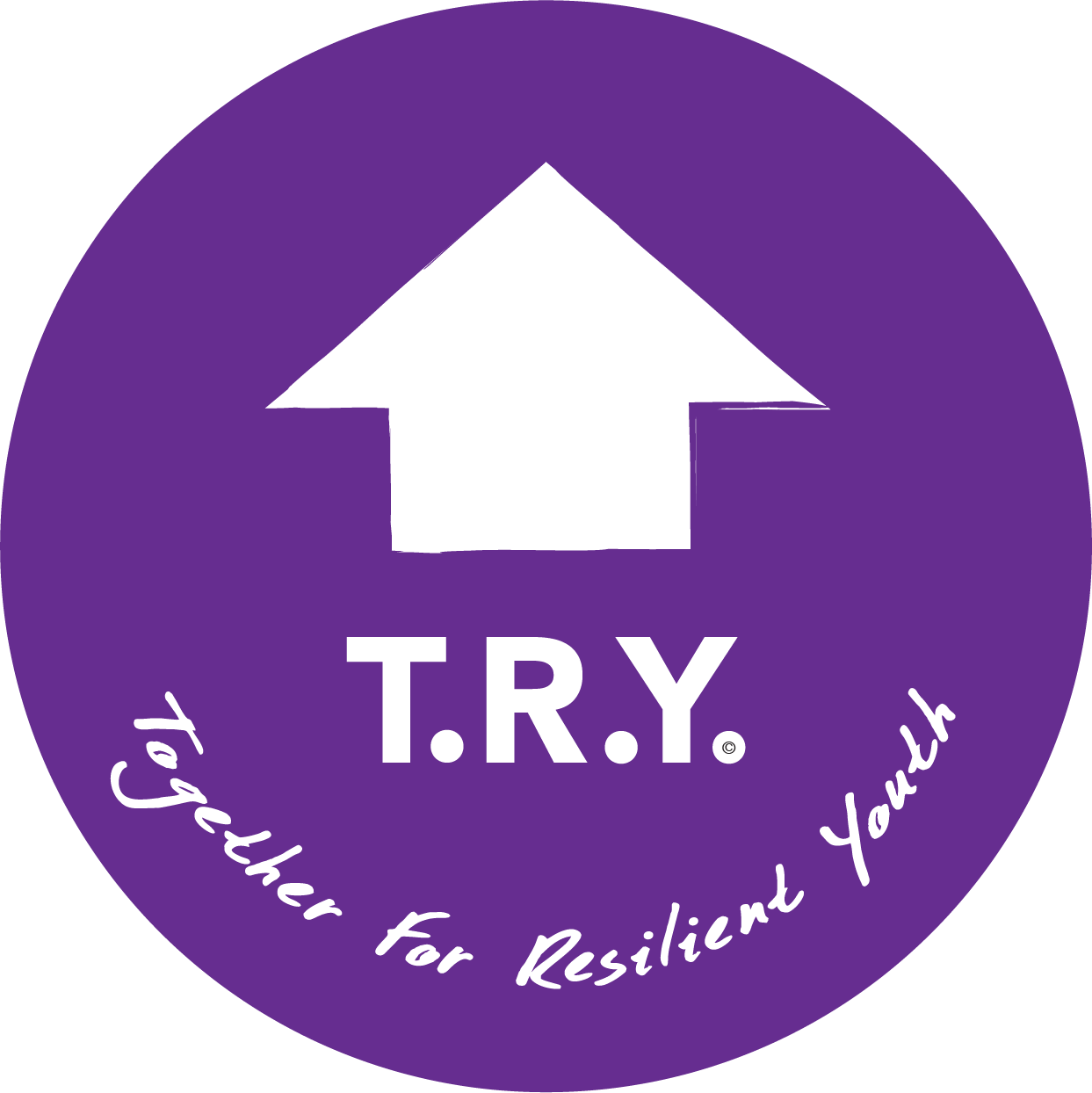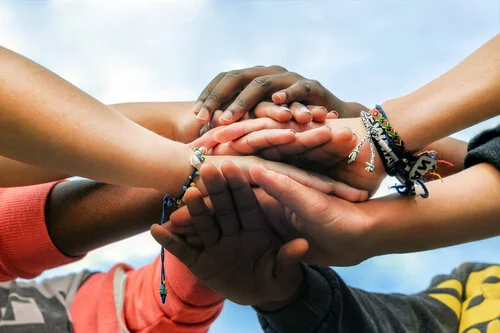COPING TOGETHER
A Family Support Model Developed in Kenya Comes to North Carolina
The program, designed for places with low access to mental health care, could help address the overwhelming demand for family coping strategies.
From Kenya to Durham
Coping Together is built on the same core principles as Puffer's work in Kenya, where only about 100 trained psychiatrists serve a population of 44 million people. Recognizing that very few Kenyans can access traditional family therapy, Puffer's team drew on research showing that community members can be trained to provide therapeutic support. Working with Kenyan collaborators, her team has developed tools to teach community leaders how to counsel families struggling with conflict, violence and other relationship issues.
Although the U.S. has comparatively more mental health resources, the pandemic has exacerbated disparities in access to care, particularly among Black, Latino and rural populations. "Peer or lay provider models are a proven way to address the overwhelming demand for family support services, especially during this ongoing global crisis," says Amber Rieder, a postdoctoral researcher on Puffer's team.







